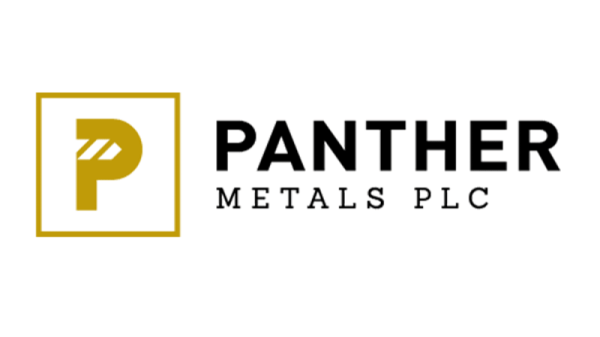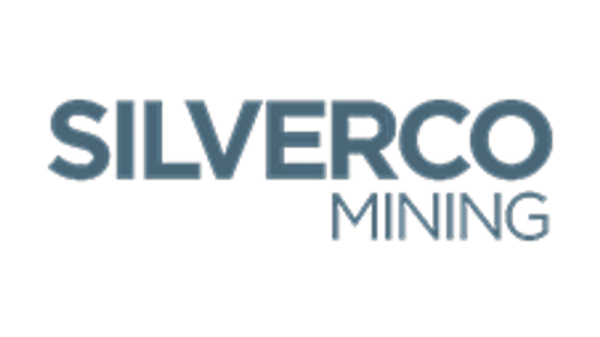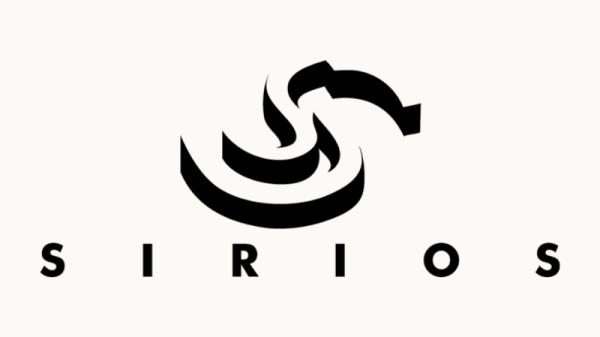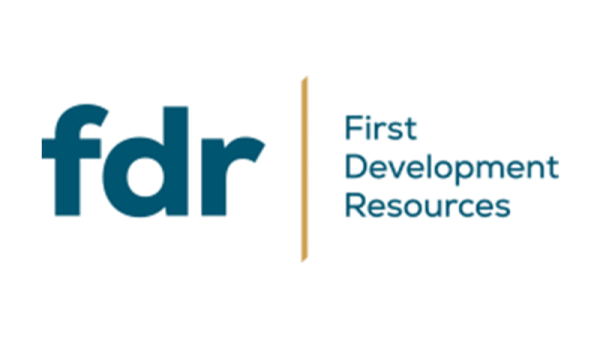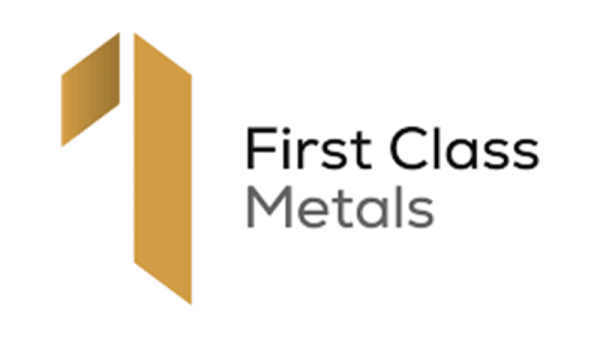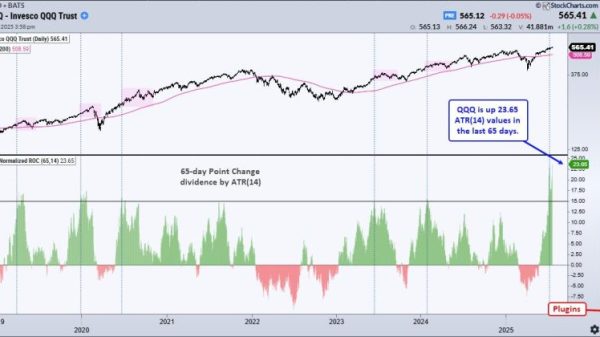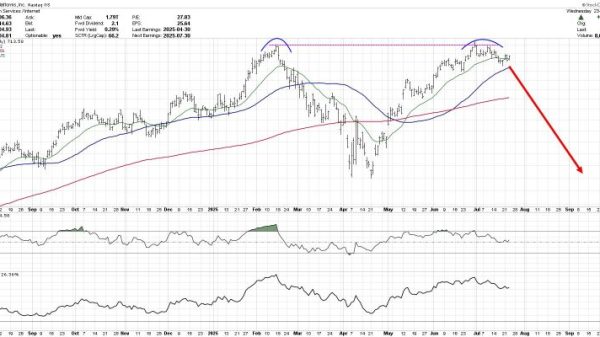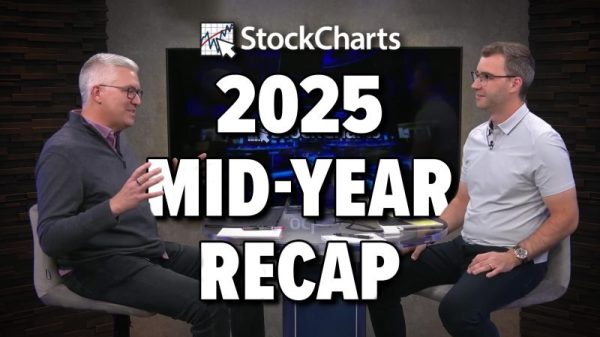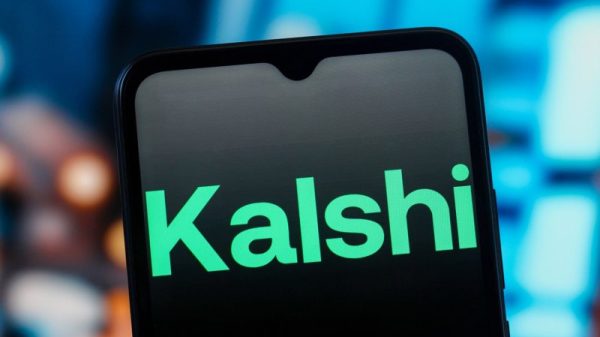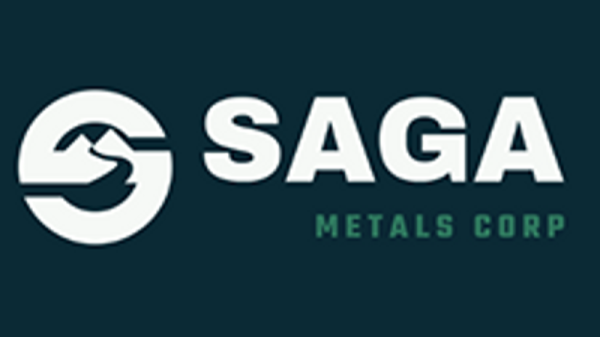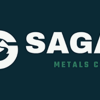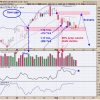The S&P/TSX Venture Composite Index (INDEXTSI:JX) closed at 525.01, adding 3.13 points and marking a second week of gains.
Markets got a boost on Wednesday as the Fed reported that it would be holding its rate at 5.25 to 5.5 percent once again. It also indicated the economy was looking to be in better shape. An announcement that job growth is slowing in the US added to analysts’ beliefs that the central bank is done with rate hikes and may even indicate cuts may come sooner than anticipated.
Still, Fed Chair Jerome Powell stated that recent positive economic data was ‘only the beginning of building confidence’ and there is still a ways to go.
Job growth has also slowed in Canada, based on the results of StatsCan’s labor force survey for October. It shows that fewer new jobs were added to the economy and there was a slight rise in the unemployment rate.
How has this impacted mining stocks on the TSXV? Read on to find out.
1. Benton Resources (TSXV:BEX)
Weekly gain: 122.22 percent; market cap: C$19.01 million; current share price: C$0.10
Benton Resources is a junior explorer who operates on a project generator model. It currently has several licenses, option agreements and partnerships for the exploration of gold, silver, nickel, copper and lithium sites in Ontario and Newfoundland. Its most recent acquisition was the Great Burnt copper and gold project in Newfoundland.
The company saw share prices rise more than 100 percent last week following the release of multiple announcements. The first came on Monday (October 30), when it reported that it had acquired a 100 percent interest in a strategic mineral license surrounding the northern portion of its Great Burnt project. The main deposit contains semi-massive and massive sulfides indicating significant copper mineralization.
Shares saw their biggest gain following the release of news on Wednesday (November 1) assay results from the first two of 11 drill holes at the Great Burnt project had revealed highlight copper grades of 4.13 percent over 3.25 meters and 8.31 percent over 13 meters. With the success of the drilling to date, Benton said it will be expanding the program to at least 4,000 meters.
Additionally, on November 2, Benton announced that its alliance with Sokoman Minerals (TSXV:SIC,OTCQB:SICNF) had won the Explorer of the Year award at the Canadian Institute of Mining’s Mineral Resource Review in Newfoundland. The award was presented in recognition of their Killick and Kraken lithium discovery, for which Piedmont Lithium (NASDAQ:PLL,ASX:PLL) recently signed an option agreement.
2. ValOre Metals (TSXV:VO)
Weekly gain: 44.44 percent; market cap: C$11.3 million; current share price: C$0.065
ValOre Metals is a junior exploration company that specializes in the acquisition of existing sites with significant investment with a focus on the discovery of new mineralization zones to expand the district-scale potential of the sites. Its current focus is on its Pedra Branca project, a palladium, platinum and gold project in Brazil. The rest of its portfolio includes the Genesis and Hatchet uranium projects and Baffin gold.
This past Monday, ValOre reported the final assay results from its recent drill program on the Trapia 1 target at its Pedra Branca site. The drilling revealed resource potential that extended the known mineralization boundary 400 meters. The results from this drill program have built upon the 31 previous holes drilled at the site to expand the strike length of the deposit to 1 kilometer and the depth to 300 meters. Shares in the company reached a weekly high of C$0.07 on Thursday.
3. Great Pacific Gold (TSXV:GPAC)
Weekly gain: 39.47 percent; market cap: C$36.29 million; current share price: C$0.53
Great Pacific Gold is a gold exploration company with six gold projects in Australia and three recently acquired properties in Papua New Guinea. The company recently changed its name from Fosterville South Exploration following the acquisition of Wild Dog Resources and its projects outside of Australia.
News of the acquisition was released on September 21, when it announced the closure of a deal to purchase Wild Dog Resources and its operations in Papua New Guinea including its Wild Dog, Arua and Kesar Creek projects. The assets brought under the control of Great Pacific Gold consist of 2,166 square kilometers in mineral exploration land packages, two exploration licenses and three more in the application stage.
The company has not provided further updates.
4. Electric Metals (TSXV:EML)
Weekly gain: 29.73 percent; market cap: C$21.07 million; current share price: C$0.24
Electric Metals is a manganese and silver development company with projects in the United States focusing on supporting the transition to renewable and clean energy. Its core assets are the Emily manganese project in Minnesota, and the Belmont silver project in Nevada.
Company shares performed strongly this past week, rising nearly 30 percent off news it released Tuesday (October 31) that drilling results from its Emily site have yielded high-grade manganese intersections, confirming a mineralized trend of more than 1,100 meters and indicating the company has not yet found the limits of the deposit at length or depth. Grading of the cores has demonstrated a manganese mineralization highlight interval of 16.62 percent over 20.6 meters including 46.3 percent over 1.46 meters.
5. Tower Resources (TSXV:TWR)
Weekly gain: 26.32 percent; market cap: C$16.69 million; current share price: C$0.12
Tower Resources is a mineral exploration company focused on the development of projects in British Columbia, Canada. Its assets include the Rabbit North copper-gold porphyry project located in the Kamloops mining district, the Nechako gold-silver project in Central BC and the More Creek gold-silver project located in BC’s Golden Triangle.
The company hasn’t released news since October 5, when it announced it had commenced drilling to better define the Promising Thunder and Rainbow copper-gold-molybdenum targets at its Rabbit North project. Tower says it is planning 1,500 meters of drilling to determine the configuration of each zone.
FAQs for TSXV stocks
What is the difference between the TSX and TSXV?
The TSX, or Toronto Stock Exchange, is used by senior companies with larger market caps, while the TSXV, or TSX Venture Exchange, is used by smaller-cap companies. Companies listed on the TSXV can graduate to the senior exchange.
How many companies are listed on the TSXV?
As of September 2023, there were 1,713 companies listed on the TSXV, 953 of which were mining companies. Comparatively, the TSX was home to 1,789 companies, with 190 of those being mining companies.
Together the TSX and TSXV host around 40 percent of the world’s public mining companies.
How much does it cost to list on the TSXV?
There are a variety of different fees that companies must pay to list on the TSXV, and according to the exchange, they can vary based on the transaction’s nature and complexity. The listing fee alone will most likely cost between C$10,000 to C$70,000. Accounting and auditing fees could rack up between C$25,000 and C$100,000, while legal fees are expected to be over C$75,000 and an underwriters’ commission may hit up to 12 percent.
The exchange lists a handful of other fees and expenses companies can expect, including but not limited to security commission and transfer agency fees, investor relations costs and director and officer liability insurance.
These are all just for the initial listing, of course. There are ongoing expenses once companies are trading, such as sustaining fees and additional listing fees, plus the costs associated with filing regular reports.
How do you trade on the TSXV?
Investors can trade on the TSXV the way they would trade stocks on any exchange. This means they can use a stock broker or an individual investment account to buy and sell shares of TSXV-listed companies during the exchange’s trading hours.
Data for this 5 Top Weekly TSXV Performers article was retrieved on Thursday after market close using TradingView’s stock screener. Only companies with market capitalizations greater than C$10 million prior to the week’s gains are included. Companies within the non-energy minerals and energy minerals are considered.
Article by Dean Belder; FAQs by Lauren Kelly.
Securities Disclosure: I, Dean Belder, hold no direct investment interest in any company mentioned in this article.
Securities Disclosure: I, Lauren Kelly, hold no direct investment interest in any company mentioned in this article.

